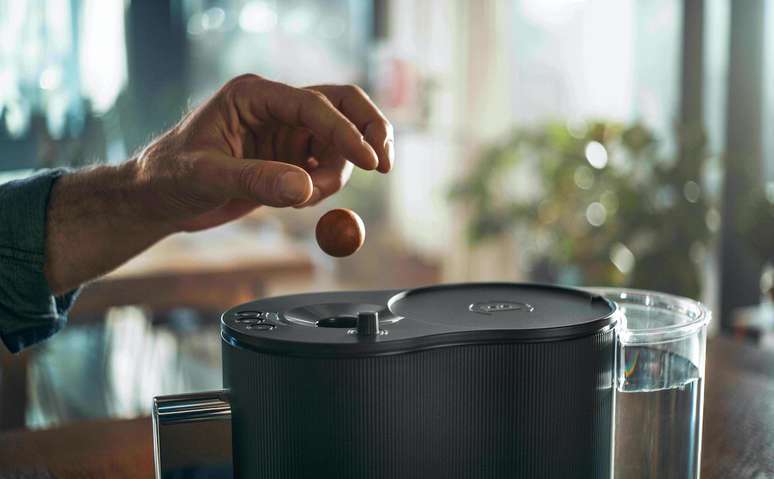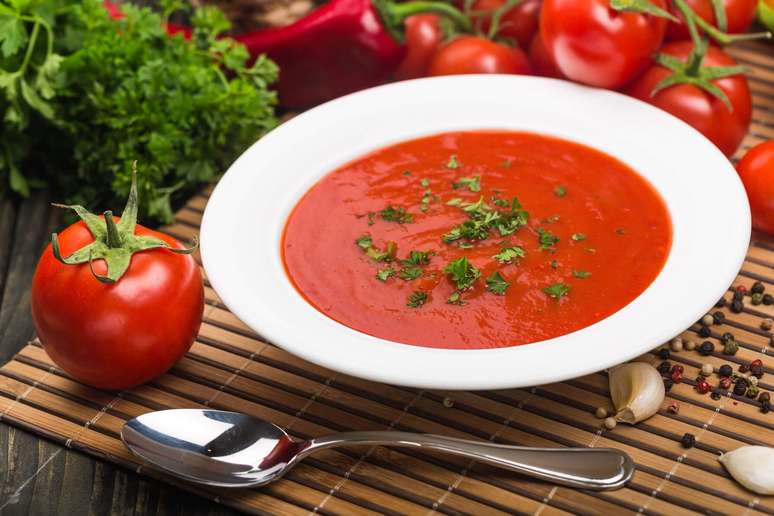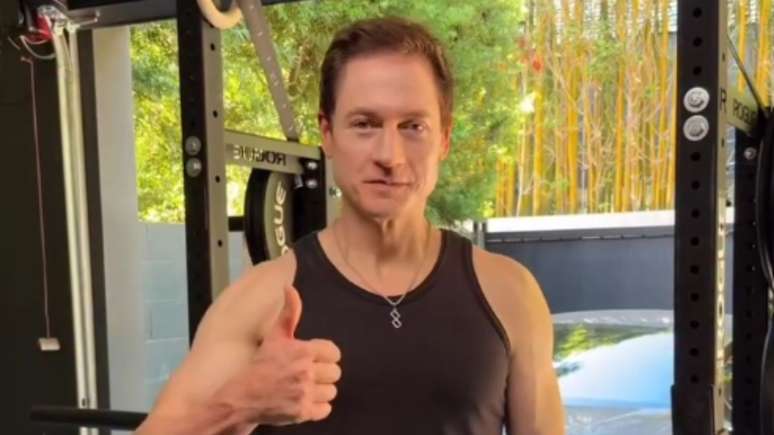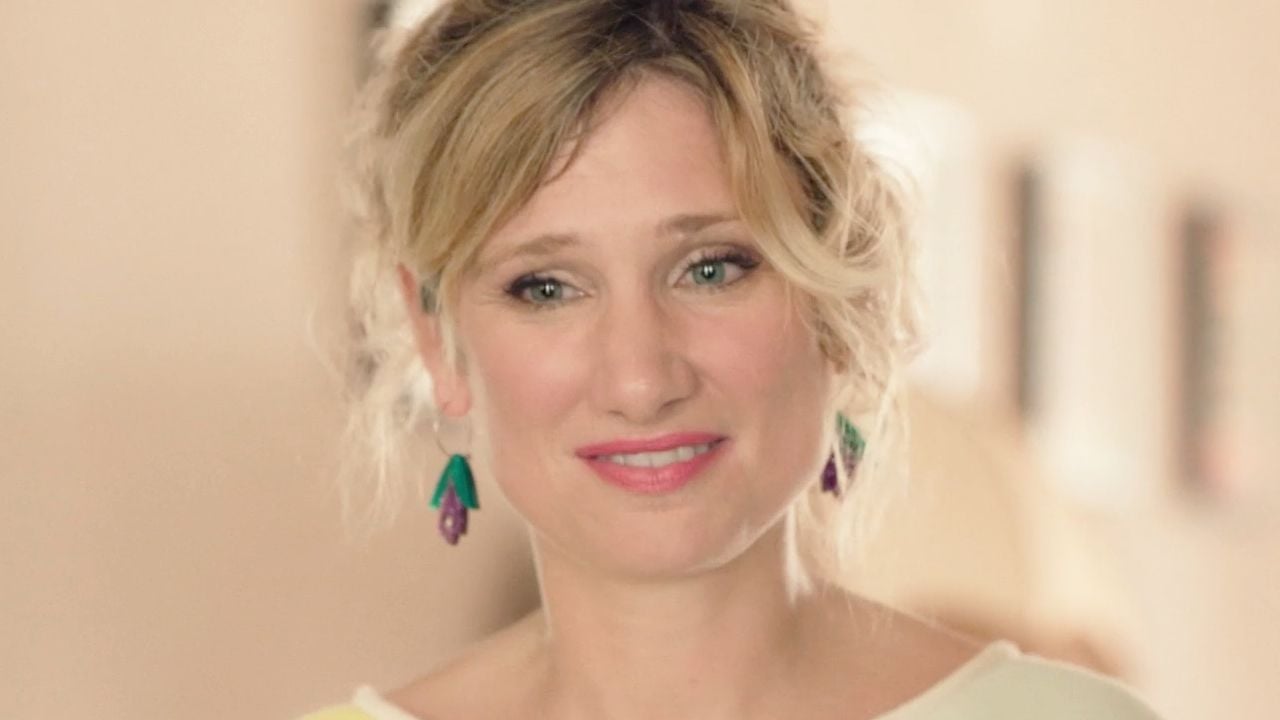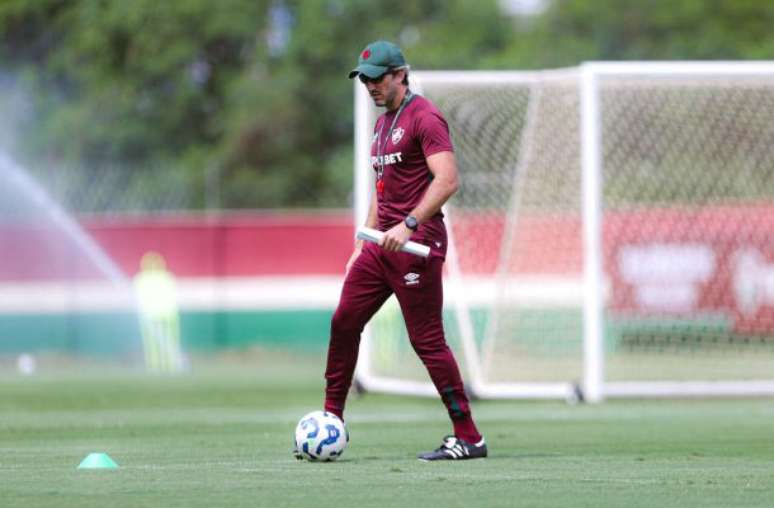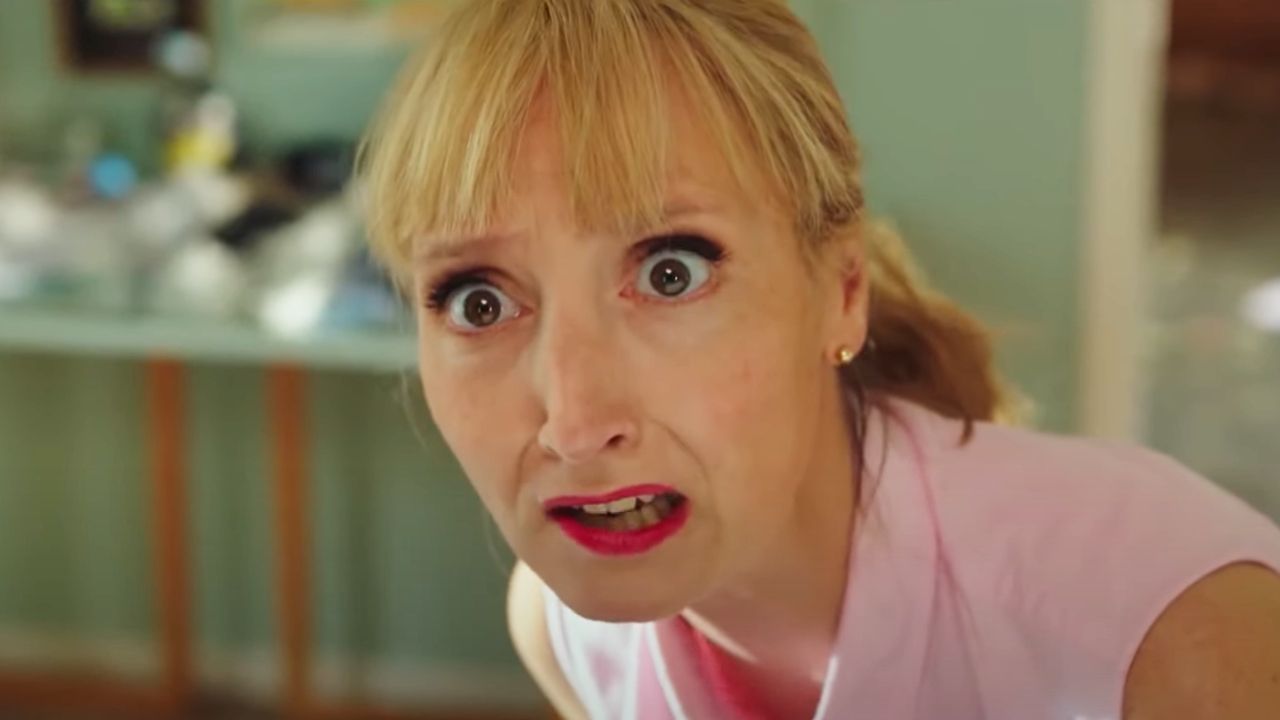According to the United Nations agency, every year the disposal of plastic and aluminum capsules represents 300 thousand tons of waste
Summary
A Swiss company has created biodegradable coffee capsule technology, replacing plastic packaging and encouraging composting.
Coffee capsules combine convenience with a daily consumption habit of billions of people around the world. On the other hand, single doses of coffee represent a challenge in the fight to protect the environment.
Aiming to turn coffee capsule consumption into a sustainable habit, a Swiss company has developed ‘acorn’ coffee, a technology that involves ground beans in a thin film of biodegradable algae.
Once consumed, the natural capsule can be disposed of in composting containers, reducing the accumulation of plastic which, every year, reaches 400 thousand tons of coffee packaging encapsulated in plasticaccording to the Food and Agriculture Agency (FAO) of the United Nations.
The coffee ‘acorns’ must be used in a special machine which, after use, collects the casings for disposal. The project is by CoffeeB, a food technology startup founded in 2022, responsible for the development of ‘capsule-free’ capsules and the coffee machine. It currently only serves the European market, Switzerland, France and Germany, with plans to expand to other markets.
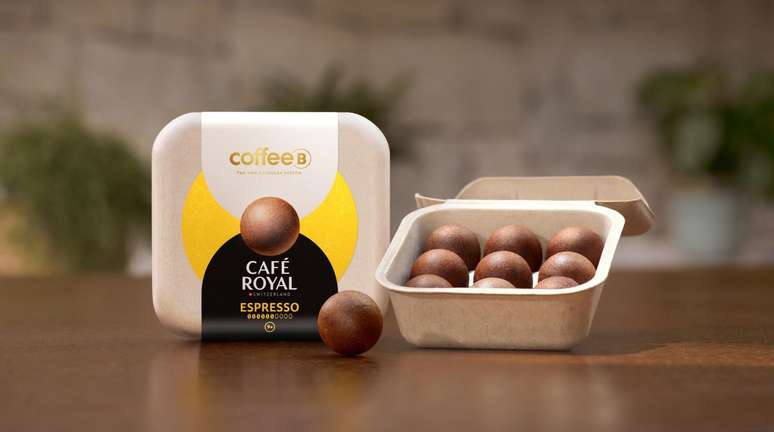
The company itself encourages composting of the capsules after consumption. The idea is to gradually replace plastic packaging in the long term. “Aluminum and plastic capsules will no longer be sustainable. The idea is simple, the pellets solve the problem of waste management. Just like with electric cars, this will not happen overnight, but it is the future,” explains company president Frank Wilde.
According to the company’s website, the specific machine for acorns costs on average 149.90 Swiss francs (860 R$, in the current conversion), while the capsules are sold for 4.40 Swiss francs (25 R$), in packs of nine units.
In the United States and Europe alone, 62 billion coffee capsules are consumed every year, of which 27% end up being recycled, which translates into 47 billion packages thrown into landfills, according to data from a North American specialized agency .
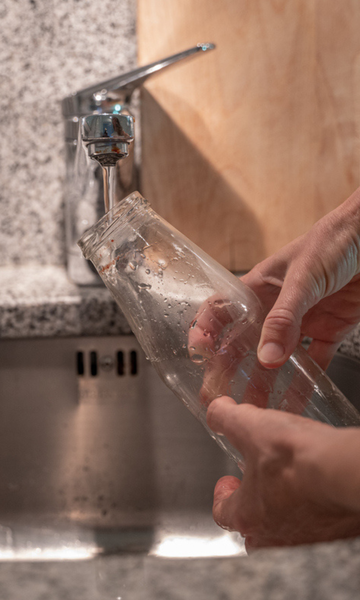
Did you know that you need to wash recyclable waste before throwing it away?
Source: Terra
Ben Stock is a lifestyle journalist and author at Gossipify. He writes about topics such as health, wellness, travel, food and home decor. He provides practical advice and inspiration to improve well-being, keeps readers up to date with latest lifestyle news and trends, known for his engaging writing style, in-depth analysis and unique perspectives.

